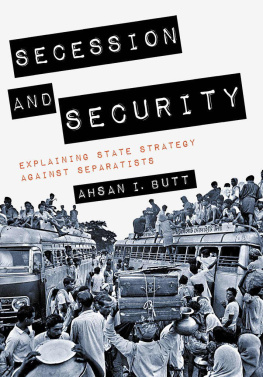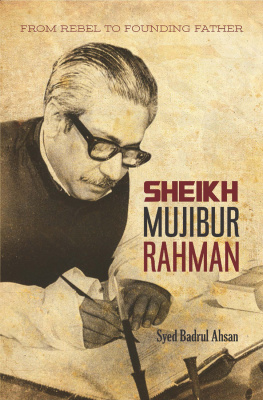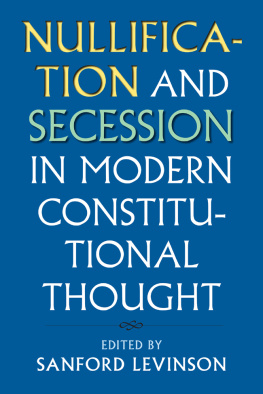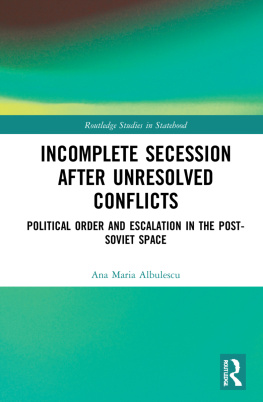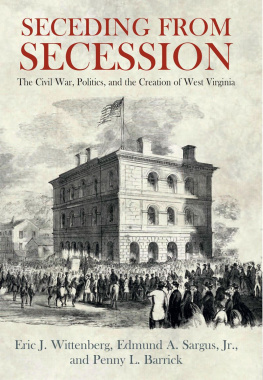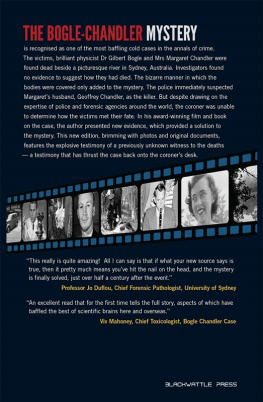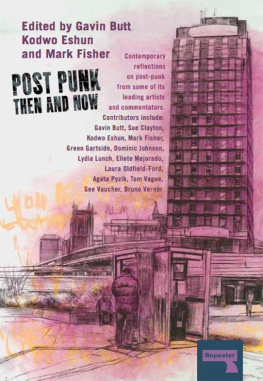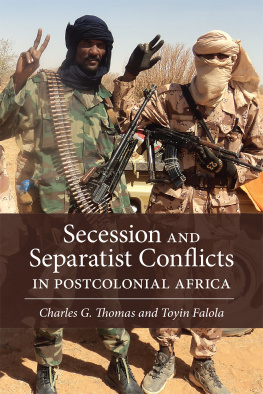Ahsan I. Butt - Secession and Security
Here you can read online Ahsan I. Butt - Secession and Security full text of the book (entire story) in english for free. Download pdf and epub, get meaning, cover and reviews about this ebook. year: 2017, publisher: Cornell University Press, genre: Politics. Description of the work, (preface) as well as reviews are available. Best literature library LitArk.com created for fans of good reading and offers a wide selection of genres:
Romance novel
Science fiction
Adventure
Detective
Science
History
Home and family
Prose
Art
Politics
Computer
Non-fiction
Religion
Business
Children
Humor
Choose a favorite category and find really read worthwhile books. Enjoy immersion in the world of imagination, feel the emotions of the characters or learn something new for yourself, make an fascinating discovery.
- Book:Secession and Security
- Author:
- Publisher:Cornell University Press
- Genre:
- Year:2017
- Rating:4 / 5
- Favourites:Add to favourites
- Your mark:
- 80
- 1
- 2
- 3
- 4
- 5
Secession and Security: summary, description and annotation
We offer to read an annotation, description, summary or preface (depends on what the author of the book "Secession and Security" wrote himself). If you haven't found the necessary information about the book — write in the comments, we will try to find it.
Secession and Security — read online for free the complete book (whole text) full work
Below is the text of the book, divided by pages. System saving the place of the last page read, allows you to conveniently read the book "Secession and Security" online for free, without having to search again every time where you left off. Put a bookmark, and you can go to the page where you finished reading at any time.
Font size:
Interval:
Bookmark:
Secession and
Security
Explaining State Strategy
against Separatists
AHSAN I. BUTT
Cornell University Press
Ithaca and London
It may not look like it, but I have had a lot of help writing this book. In January 2009, I sat with two friends, Rose Kelanic and Lindsey ORourke, at the University of Chicagos business school cafeteria to discuss my ideas. I knew I wanted to focus on why states are so reluctant to cede territory to separatists, and I knew existing research was not satisfactory, but that was about all I knew. The prospect of outlining even a question, let alone an answer, was daunting. Over panini and chips, Lindsey piped up and said (something to the effect of): Why dont you focus on how state repression is caused by the external threat of the movement? Why dont I, indeed.
The eight years since have been devoted to sorting out how, why, and the extent to which state strategies against separatist movements are tied to security concerns. In those eight years, I have been fortunate to receive generous support from the Mellon Foundation, the American Council of Learned Societies, the United States Institute of Peace (USIP), and the Belfer Center for Science and International Affairs at the Harvard Kennedy School. It is difficult to write without adequate financial support, and these institutions ensured I had it.
While money was important, the people who helped me write this book were more so. At Chicago, I was fortunate to find people who challenged, cajoled, intimidated, and inspired me. John Mearsheimer was the father figure I could never satisfy (not alone therejust ask any Chicago student from the past thirty years), Paul Staniland the older cousin whom I wanted to emulate (good luck with that), and Duncan Snidal the friendly uncle from Canada (unsolicited advice for graduate students: have at least one good cop on your committee). I will never be able to repay their attention to me and my work, from reading chapters to socializing me in the ways of academia, from providing guidance to putting the fear of godor the job marketin me. I do hope, however, that a copy of this book suffices as a token.
I was also lucky to be surrounded by brilliant and generous students at Chicago. Whether it was reading a draft before a workshop presentation, or drowning shame and humiliation at Jimmys after such a presentation, I consider myself fortunate that my time at Chicago overlapped with Adam Dean, Gene Gerzhoy, Eric Hundman, Burak Kadercan, Morgan Kaplan, Rose Kelanic, Adam Levine-Weinberg, Chad Levinson, Sarah Parkinson, Negeen Pegahi, and Lindsey ORourke. They were great colleagues but even better friends. Finally, Kathy Anderson was a pillar not just for me but for all graduate students in the departmenta source of information, guidance, strategy, and warmth.
Two separate sojourns at the Harvard Kennedy School, one in 201112 and another in 201415, helped me complete this book manuscript. At Harvard, I received valuable mentorship from Sean Lynn-Jones, Martin Malin, Steve Miller, and Stephen Walt, while Susan Lynch taught me the true meaning of administrative efficiency. I was also surrounded by some of the best and brightest in IR and security studies. I especially learned from, and enjoyed the company of, Aisha Ahmad, Michael Beckley, Sarah Bush, Jennifer Dixon, Trevor Findlay, Kelly Greenhill, Jennifer Keister, Peter Krause, Josh Shrifinson, and Melissa Willard-Foster.
Since arriving at George Mason University in 2012, I have received tremendous support from leaders in my academic unit, whether it was Priscilla Regan at the erstwhile Department of Public and International Affairs, or Ming Wan and Mark Rozell at the Schar School of Policy and Government. Each of them has done everything possible to help me conduct and disseminate research. My GMU colleagues such as Colin Dueck, Mike Hunzeker, Mark Katz, Greg Koblentz, and Ed Rhodes in IR, or Bassam Haddad, Mariely Lopez-Santana, Peter Mandaville, Eric McGlinchey, Robert McGrath, Matt Scherer, and Jennifer Victor from the school at large, have helped create a first-rate research environment and made me feel at home. I have also been fortunate to have the likes of Janice Cohen and other staff ensure that I am never too confused about administrative procedures.
Aside from those at Chicago, Harvard, and George Mason, several friends and colleagues kindly read drafts of chapters, offered critiques, and pointed ways forward. I am grateful for the time and attention of Christopher Clary, Arman Grigoryan, Umair Javed, Shashank Joshi, Sameer Lalwani, Janet Lewis, Farooq Nomani, Paul Poast, Shahid Saeed, and Niloufer Siddiqui. I owe an especially weighty debt to Robert Art, Kathleen Cunningham, Harris Mylonas, and Manny Teitelbaum, who attended my book workshop in the fall of 2014 and set me on the track I needed to be on; their fingerprints, I hope they can see, are all over this book. Audiences at the annual meetings of the American Political Science Association, the International Studies Association, and the Midwest Political Science Association, as well as seminars at Chicago, Harvard, Lehigh, MIT, Tufts, and USIP, played a crucial role in hammering my ideas into shape.
Research for this book led me to talk to and learn from many people, not just scholars in my field. I cannot possibly list each of my interviewees here, not least because some spoke off the record, but I want to underline how crucial each one of those conversations was, and how immensely grateful I am to all the journalists, analysts, students, academics, artists, politicians, party workers, ex-cops, ex-soldiers, bureaucrats, businessmen, diplomats, negotiators, and activists who made time to talk to me. Having my world-view and scholarship shaped by those infinitely more knowledgeable was one of the most rewarding experiences of writing this book. Alongside these interviews, my archival work in the periodicals room at the Library of Congress in Washington, DC, as well as the National Archives in College Park, Maryland, could not have been possible without the patience and kindness of the staff. I never felt more like a scholar than when I was at the LOC or the archives.
Transforming this book from an imperfect submission to a less-imperfect publication was entirely down to the tireless efforts of the reviewers and editors at Cornell University Press. I am especially grateful to the anonymous reviewers whose incisive and careful criticisms helped me deliver a significantly better scholarly product. I also consider myself very fortunate to have had the opportunity to work with Roger Haydon and experience firsthand his patience, aid, and responsiveness, while Karen Hwas editorial attention left me both deeply impressed and soundly confident that my work was in good hands. As a first-time author, I could not have asked for a better team to work, or be affiliated, with.
Finally, this book simply would not have been possible without the love and support of my family. For as long as I can remember, Amma and Abba have emphasized the value of education. They gave me everything. Abid, my brother, and Maheen, my sister-in-law, are our familys rocks, regardless of how many waves crash into them. My wife, Insiya, is the strongest person I know. No matter how much, or how many times, I wanted to quit, she would not let me. She is my best friend and my whole world, and this book exists only because I had her to lean on for the entire time I wrote it.
And then there is my brother Asim. No one was prouder of me. He painted, he said, to create what it is he wanted to see, to fill an absence in the world. But what of the void he left? I dedicate this book to his memory, crushed that he will never read it.
Next pageFont size:
Interval:
Bookmark:
Similar books «Secession and Security»
Look at similar books to Secession and Security. We have selected literature similar in name and meaning in the hope of providing readers with more options to find new, interesting, not yet read works.
Discussion, reviews of the book Secession and Security and just readers' own opinions. Leave your comments, write what you think about the work, its meaning or the main characters. Specify what exactly you liked and what you didn't like, and why you think so.

